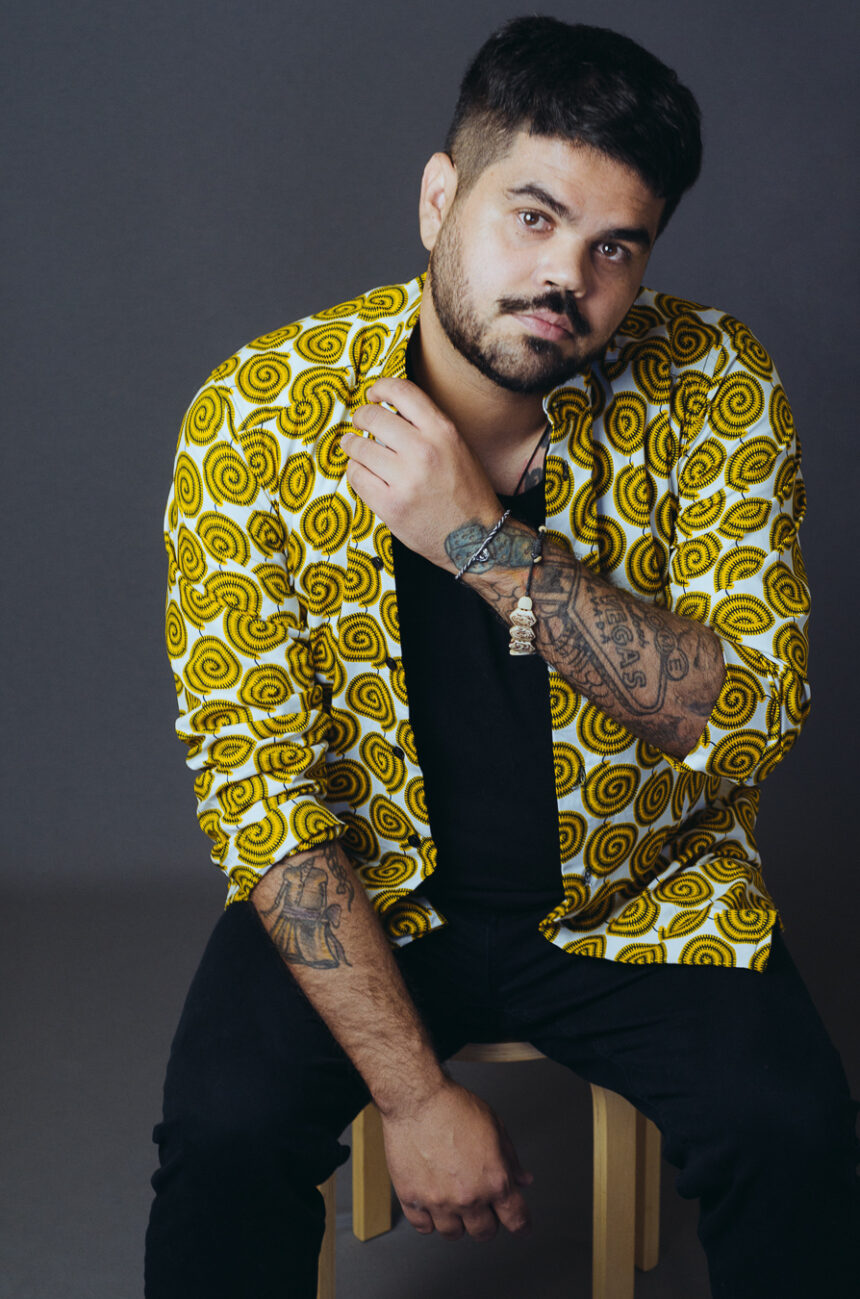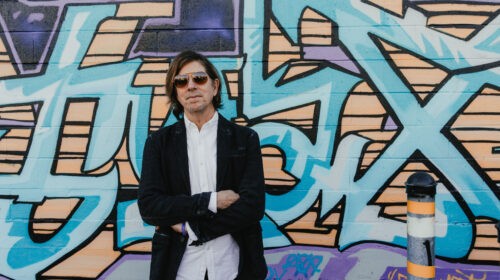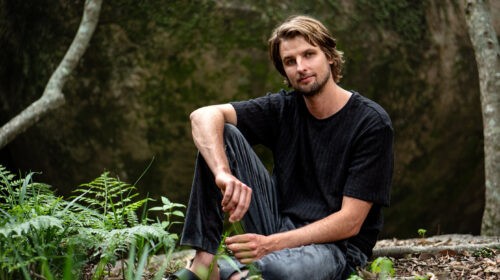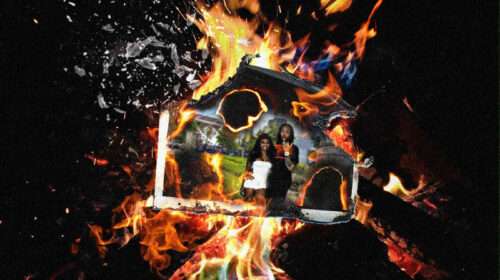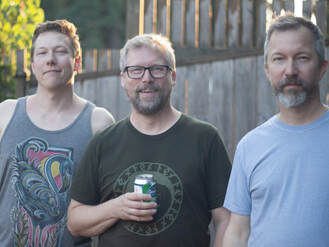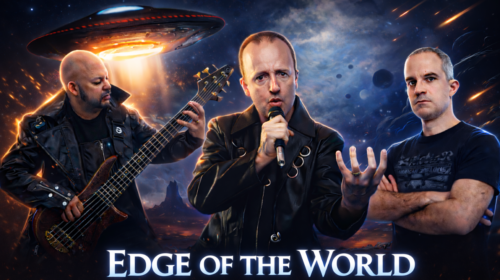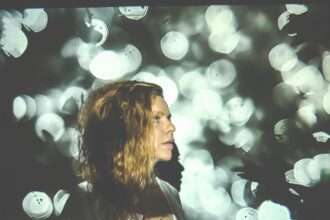With a voice that feels like a warm whisper in a chaotic world and a sound that blends nu-soul, nu-jazz, and esoteric influences into something entirely his own, Nauci Gold isn’t your typical indie musician. Based on the island of Gran Canaria, far from the traditional music industry hotspots, Nauci has carved out a path defined by passion, vulnerability, and an unwavering commitment to authenticity.
His music isn’t just something to be heard—it’s something to be felt. Often described as introspective and otherworldly, it carries the weight of personal experience and the magic of deeper spiritual reflections. It’s no surprise that someone once dubbed him “the shaman of nu-soul and nu-jazz”—a nickname that, while said in jest, fits like a glove.
In this interview, Nauci Gold opens up about his journey so far—what fuels his creativity, the challenges of being an independent artist in a remote location, and how he turns emotion into song. He also shares the deeper inspirations behind his writing, from ancient deities to modern films, and the quiet hope that his music might help someone else heal, the way it’s helped him.
Can you tell us about your journey as an indie musician? What inspired you to pursue a career in music?
Since I started my journey as Nauci Gold, I can’t believe how far I’ve come. Of course, there have been ups and downs along the way, but the highs have stood out the most. I’ve had the opportunity to travel, be part of things I’ve admired my whole life, and that’s something I’m really proud of. I’ve also met incredible people and discovered places that will stay in my heart forever.
I started making music as a way to express myself, to release what I was holding inside. That’s what has always inspired me to create music. I’m a very introverted person, so expressing myself can be difficult, and music helps me with that—it’s almost like therapy for me.
How would you describe your unique style and sound as an artist? What sets you apart from other musicians?
In my opinion, when you create your own music, you should aim for it to have its own soul—something that represents who you are. As Nina Simone said, an artist’s music should also reflect the times we’re living in.
I try to infuse my music with the things I love, both in music and in life. I’m deeply into nu-soul and nu-jazz, but I also love ethnic music. Throughout my life, I’ve always been drawn to the esoteric world, and I want my music to carry that essence. I think that’s what sets me apart—my music is a deep reflection of who I am.
Once, a guy in the Basque Country described me as the shaman of nu-soul and nu-jazz, and I really loved that. It was, of course, a joke, but I think it aligns closely with how I see my project.
Could you share some of the biggest challenges you’ve faced as an indie musician and how you overcame them?
One of the biggest challenges, even if it might sound unartistic to say, is making the project financially sustainable. This is even more complicated for me because I live on a small island next to Africa (Gran Canaria), which means I constantly have to travel.
Another challenge is making people believe in your music. However, I’ve been lucky enough that when people see me perform live, they seem to connect with the show and the music. That connection makes a huge difference.
What is your creative process like? How do you approach songwriting and composing music?
For me, the creative process starts with finding a vibe—a groove that I want to sing over. Almost every time, I begin by writing the music first. Once I feel I have something interesting, I start singing over it. And, as strange as it may sound, the music itself usually tells me what the song needs to be about. From there, I write the lyrics, work on the vocal arrangements, harmonies, and other details.
Are there any particular themes or messages that you aim to convey through your music? What inspires your lyrics?
There are many things that inspire me. I love all kinds of art, so I’m always watching, listening, and feeling new things. But there’s always a point where my personal experiences connect with what I’m creating.
I always try to give my lyrics meaning, but in an introspective way—so that even if the listener’s experience is different from mine, they can still find their own connection to the song. I often write lyrics that, even when they have a dark tone, aim to help overcome something or highlight something that’s not right. As I said before, music is like therapy for me, and I use it to express concerns, hoping that people can relate to it and, in the best cases, heal through it.
For Dancing Gods, for example, one of my inspirations during the writing process was the movie Malcolm & Marie. That led me to reflect on the duality of how the things we love can sometimes hurt us the most. That idea brought me to Shiva, the Hindu god who represents both creation and destruction and is often depicted as a dancing god.
What are your long-term goals as an indie musician? Where do you see yourself and your music in the next few years?
My long-term goals align with where I see myself in the future: I want to establish myself as a musician, keep traveling, play in new and familiar places, and make a living from my music. Most importantly, I hope people continue to connect with the music I create.
For music submission click here


